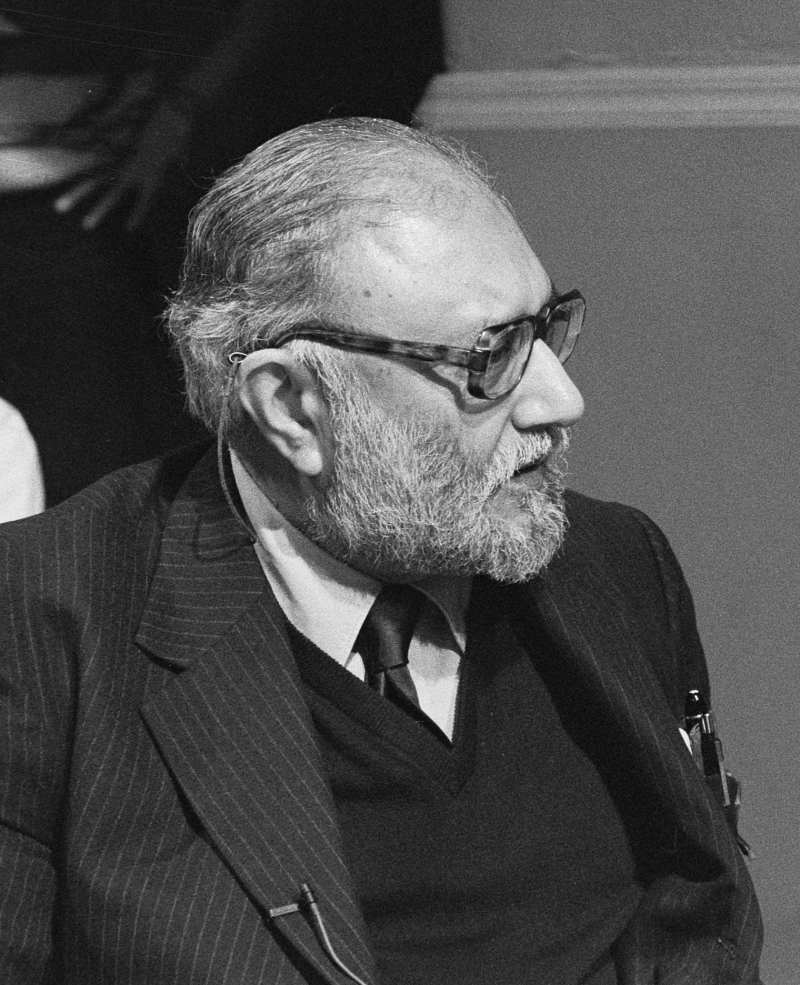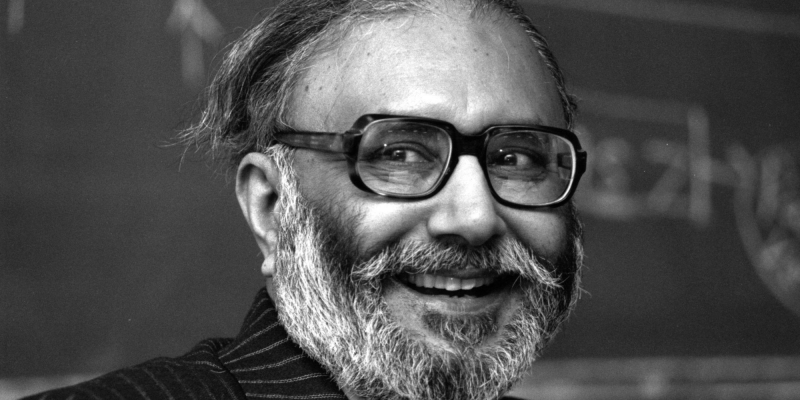Abdus Salam
Abdus Salam, Mohammad (January 29, 1926 - November 21, 1996) was a Nobel Prize-winning Pakistani theoretical physicist. For his contribution to the electroweak unification theory, he shared the 1979 Nobel Prize in Physics with Sheldon Glashow and Steven Weinberg. Among the most important historical figures in Pakistan, he was the first Pakistani and the first Muslim to receive a Nobel Prize in science, and the second Muslim to receive any Nobel Prize, after Egypt's Anwar Sadat.
From 1960 to 1974, Salam served as scientific advisor to Pakistan's Ministry of Science and Technology, where he played a significant and influential role in the development of the country's science infrastructure. Salam made numerous contributions to theoretical and particle physics in Pakistan. He was the first director of the Space and Upper Atmosphere Research Commission (SUPARCO) and was instrumental in the formation of the Theoretical Physics Group (TPG). As a result, he is regarded as the program's "scientific father". In 1974, Abdus Salam left Pakistan in protest after the Pakistani Parliament unanimously passed a parliamentary bill declaring members of the Ahmadiyya Muslim community, to which Salam belonged, non-Muslims. Following the country's Chagai-I nuclear tests in 1998, the Government of Pakistan issued a commemorative stamp as part of the "Scientists of Pakistan" series to honor Salam's contributions.
Salam's notable contributions include the Pati-Salam model, magnetic photons, vector mesons, the Grand Unified Theory, work on supersymmetry, and, most notably, electroweak theory, for which he received the Nobel Prize. Salam made significant contributions to quantum field theory and mathematical advancement at Imperial College London. Salam and his student, Riazuddin, contributed significantly to modern theory on neutrinos, neutron stars, and black holes, as well as work on modernizing quantum mechanics and quantum field theory. Salam is remembered as a founder and scientific father of mathematical and theoretical physics in Pakistan during his tenure as the president's chief scientific advisor. Salam made significant contributions to the rise of Pakistani physics in the global physics community. Salam continued to contribute to physics and advocate for the advancement of science in third-world countries until shortly before his death.










